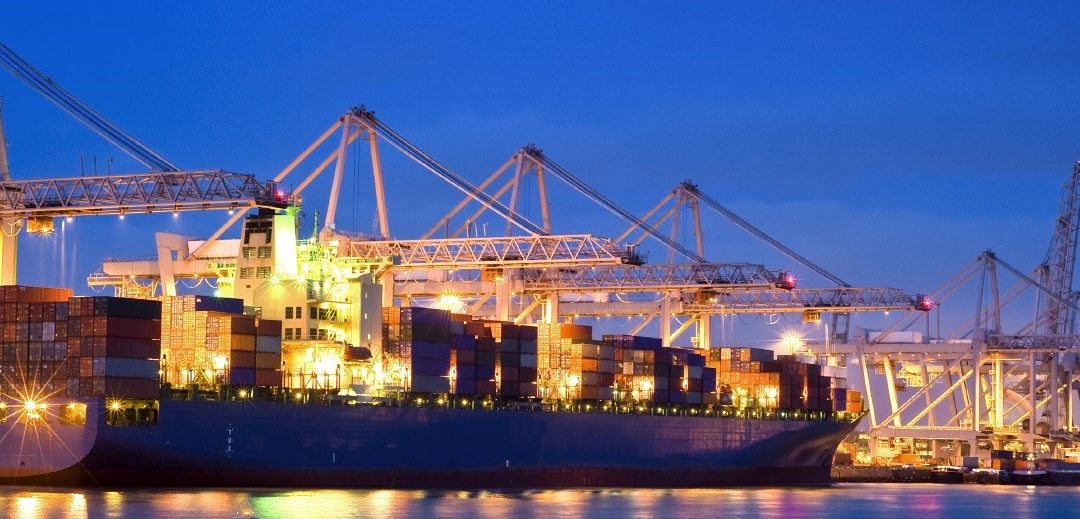Charlotte van Steenderen, Van Steenderen Mainport Lawyers, Rotterdam
The Rotterdam Rules have been introduced almost ten years ago, but have not been embraced just yet. The Netherlands recently took the first steps towards ratification and implementation of the Rotterdam Rules, albeit premature since other major maritime countries will need to do the same will the Rotterdam Rules enter into force.
In early July, two draft bills have been submitted to Dutch Parliament in a joint effort of the Ministers of Justice, Infrastructure and Foreign Affairs to adopt the United Nations Convention on Contracts for the International Carriage of Goods Wholly or Partly by Sea (the Rotterdam Rules). The Rotterdam Rules will replace the Hague Rules 1924, the Hague-Visby Rules 1968 and the Hamburg Rules 1978, of which only the Hague-Visby Rules have been ratified and implemented in the Netherlands.
The first bill – when enacted – will give the Dutch Parliament the power to ratify the Rotterdam Rules and to denounce the Hague-Visby Rule regime. The second bill aims to bring Dutch law in line with the Rotterdam Rules. Under Dutch law, the provisions on carriage of goods by sea are contained in the Civil Code. However, the Civil Code does not need to be amended to give the Rotterdam Rules the force of law: the Rotterdam Rules are considered a self-executing convention. The Dutch Civil Code will be stripped of the Hague-Visby-related provisions and any other provisions that are thought to be contrary to the Rotterdam Rules.
The Rotterdam Rules were adopted by the General Assembly of the United Nations on 11 December 2008. The signing ceremony took place in Rotterdam on 23 September 2009 with a total of 21 countries signing the treaty in 2009, amongst which the Netherlands. The Rotterdam Rules will enter into force one year after 20 ratifications have been made. Since the signing ceremony in 2009 however, it has been rather quiet. Currently the treaty has been signed by 25 countries, but so far only 4 countries (Cameroon, Congo, Spain and Togo) have subsequently ratified the treaty.
In general, the Rotterdam Rules will modernize and uniformize the existing rules for the carriage of goods by sea and establish a better balance between the positions of the carrier and cargo interests. The Rotterdam Rules centre around container carriage and electronic documentation. Other changes are an increase of the liability limits and the deletion of the carrier’s exemption for navigational faults.
Although the Netherlands have now taken the first steps in the process of ratifying and implementing the treaty, the Netherlands will most likely not ratify the treaty in the near future. In the explanatory notes to both draft bills it has been stated that Dutch parliament is free to decide on the actual ratification date and entry into force. This may depend on the ratification by neighbouring countries such as Germany and France and also of important trading partners such as China and the United States.
At this time, merely the approval of Parliament for the ratification and implementation of the Rotterdam Rules is sought. The draft bills stipulate that the date of entry into force of the bills is to be decided upon later, leaving the ratification and implementation process in ‘stand-by’. The challenge is to ensure a seamless transition from the currently applicable and commonly used Hague-Visby Rules to the Rotterdam Rules at a future date.
For now it is not expected that the Rotterdam Rules will be ratified any time soon by the Netherlands, but when the two bills are enacted by Dutch Parliament at least the Netherlands is ready to ratify on short notice should this become necessary due to development in other major maritime countries.

